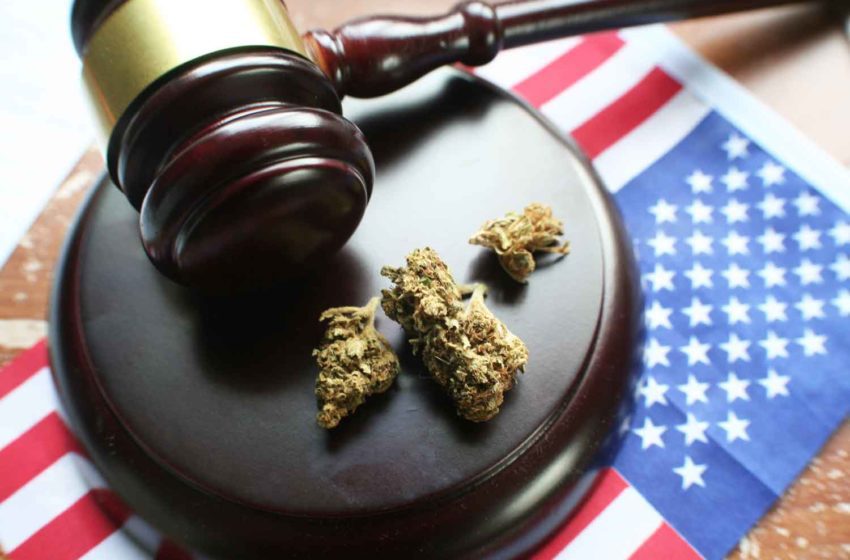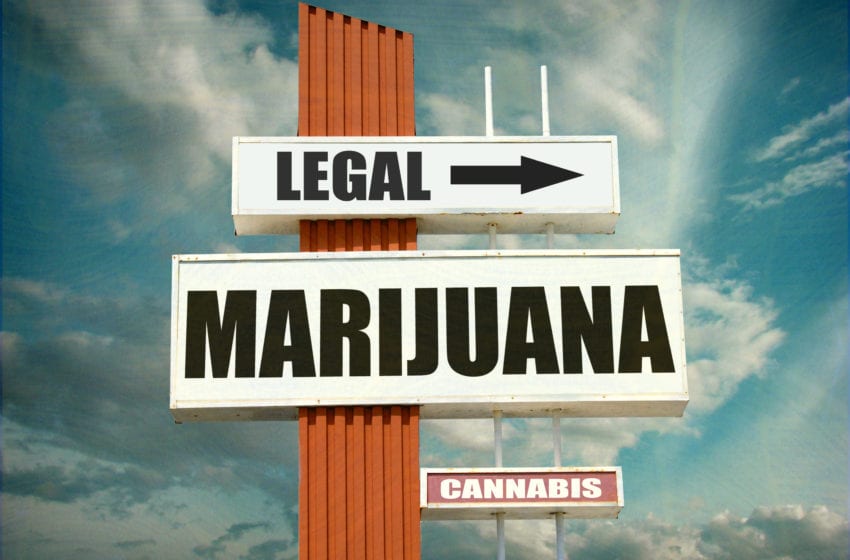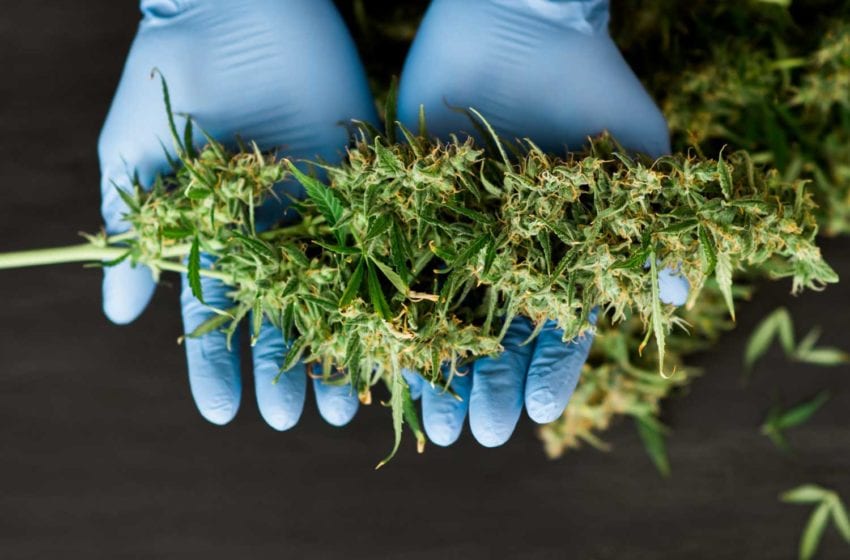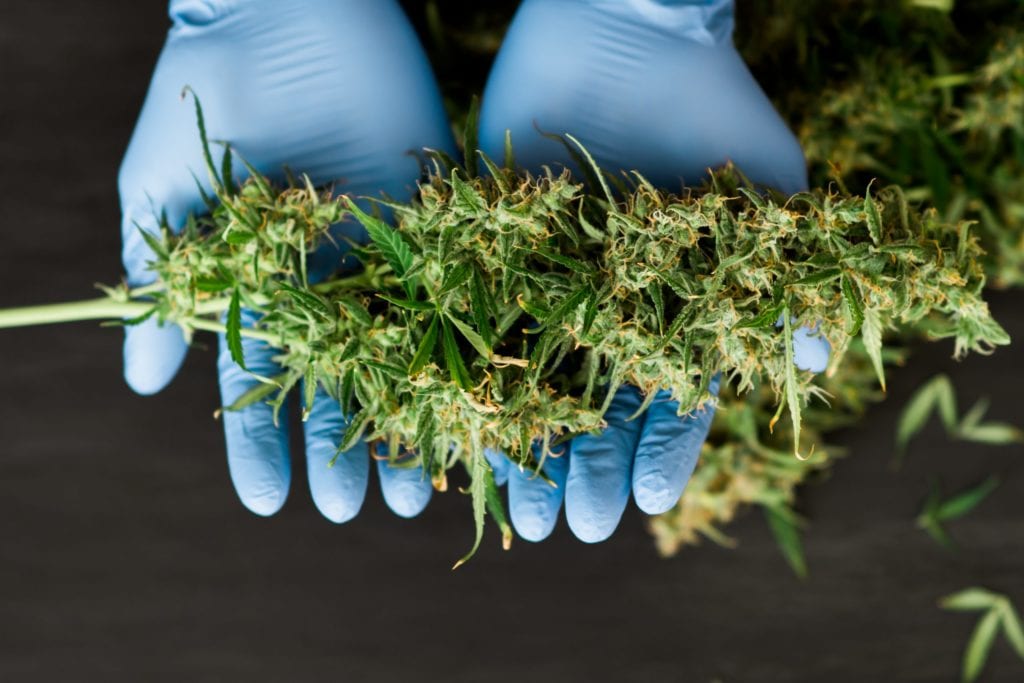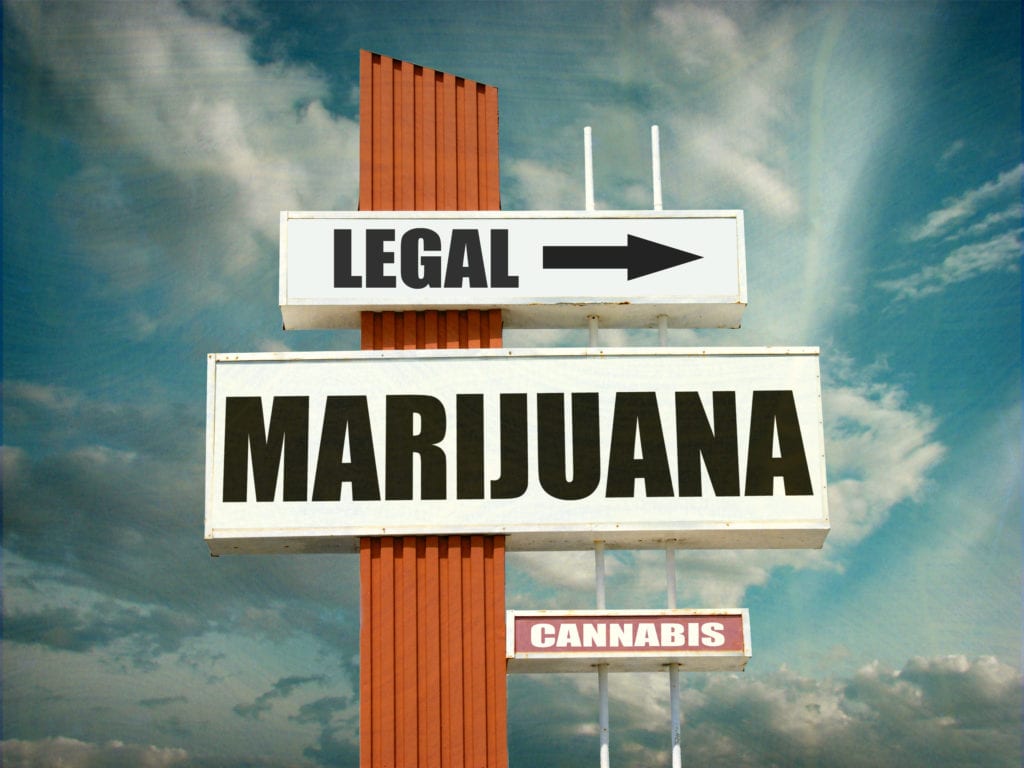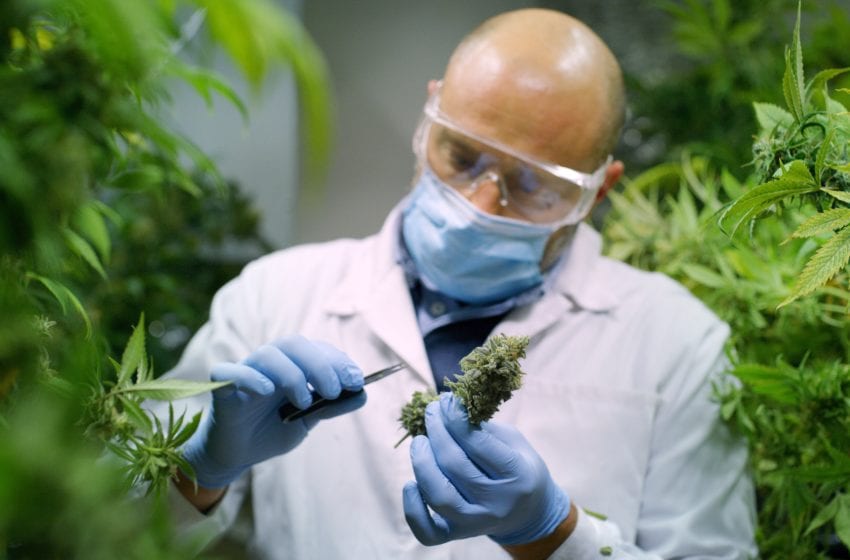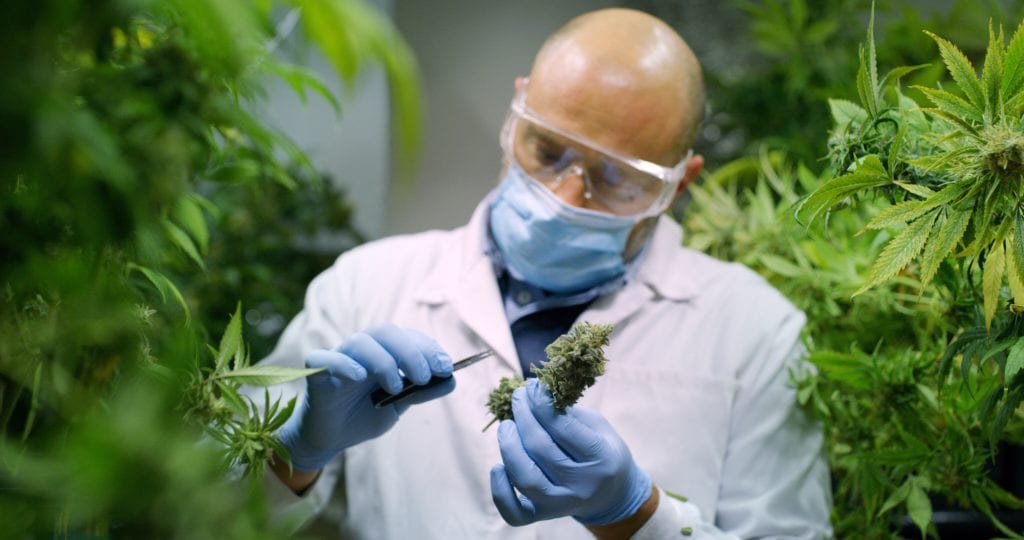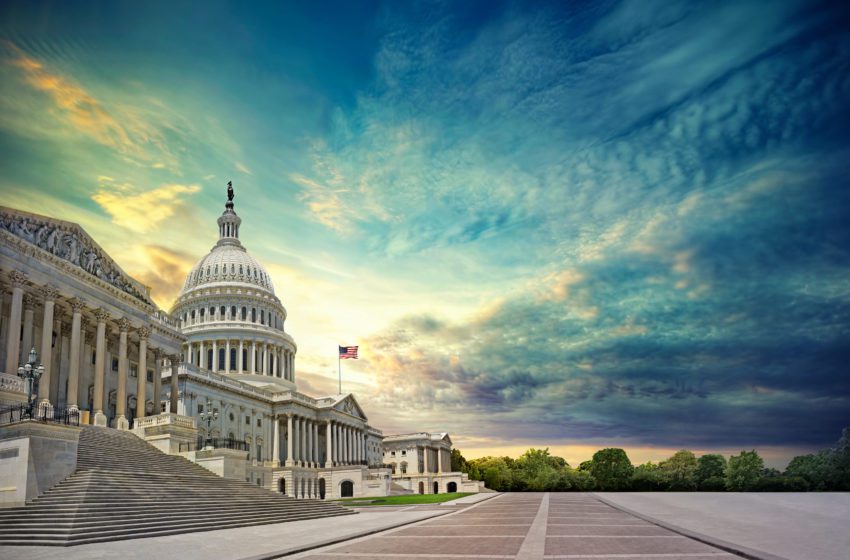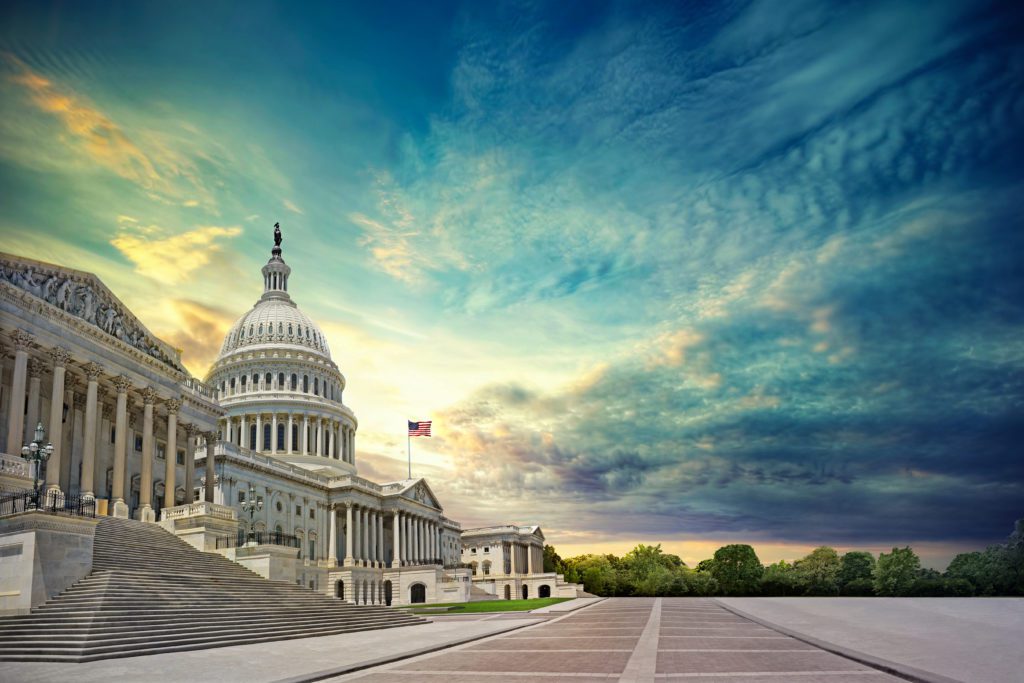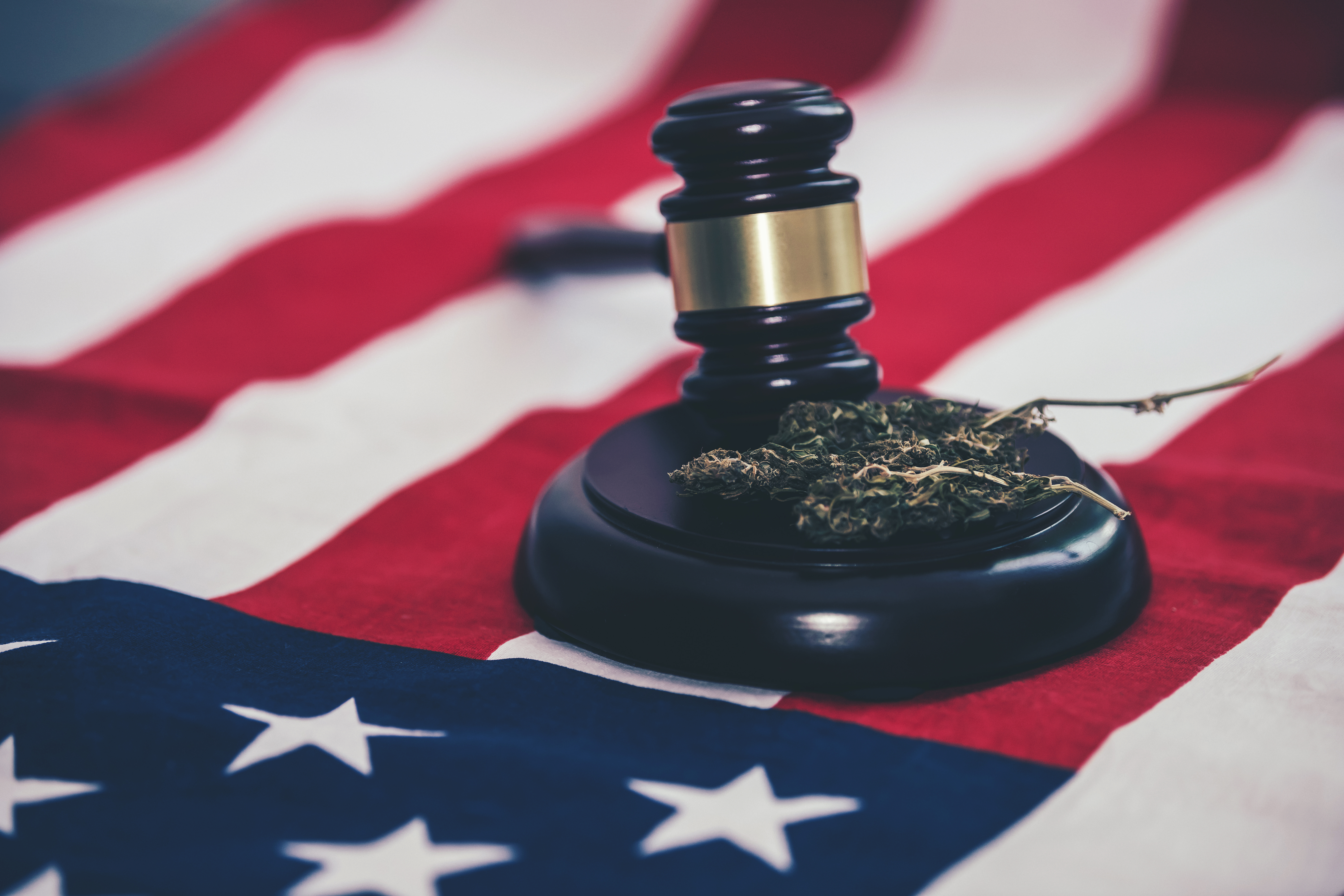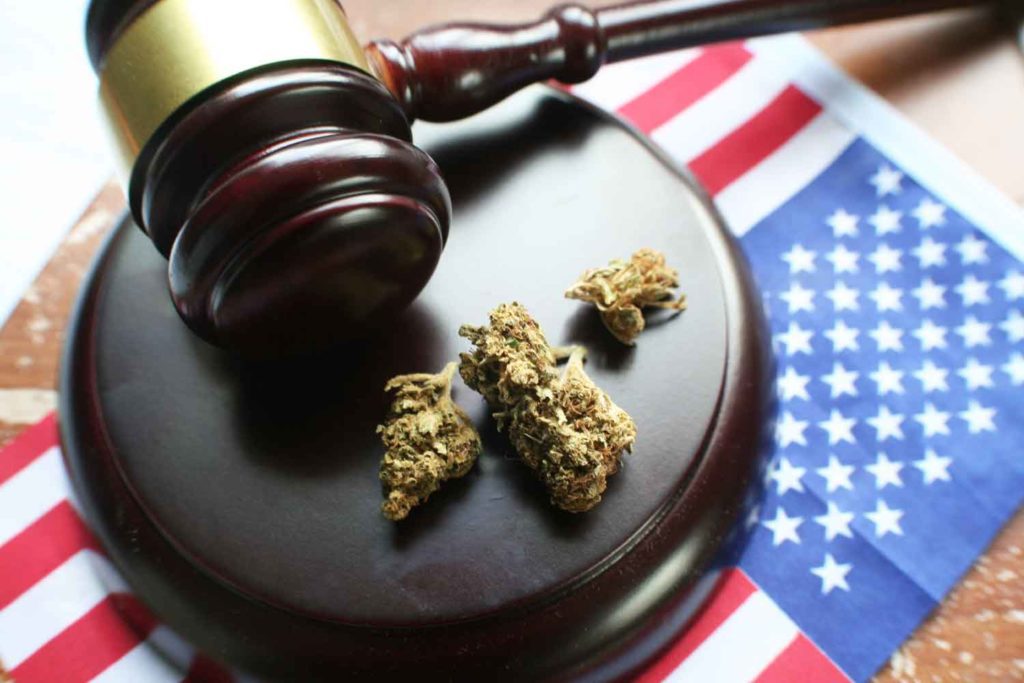
In light of the widespread nullification of federal marijuana prohibition, the rising public support for legalization, and the potential excise revenues, policymakers are compelled to seriously consider significant reforms to federal marijuana policy. Last December, members of Congress introduced the STATES 2.0 Act, which would remove marijuana from the Controlled Substances Act, federally legalize its sale and use, and allow for interstate commerce.
A defederalized marijuana prohibition policy would allow states to decide for themselves whether cannabis would be legal within their borders—which they have already been doing for decades—and how that legal cannabis market would be taxed, writes the Tax Foundation.
What legal markets already exist are burdened by federal prohibition and punitive taxation, which keeps prices substantially higher than illicit markets. Bolstering black markets is a common unintended consequence of prohibition, and marijuana has been no different—even with existing state legalization. Revisions to federal cannabis policies, such as those in the STATES 2.0 Act, would give much-needed reform to a market struggling with a messy policy landscape.
Regulating Cannabis Markets
Instead of enforcing marijuana prohibition through the Drug Enforcement Administration, the STATES 2.0 ACT would rely on the Food and Drug Administration to regulate marijuana products permissible in US markets and the Alcohol and Tobacco Tax and Trade Bureau (TTB) to track products and collect taxes. Federal and state law enforcement would be able to shift focus and budgets away from petty offenses for marijuana possession toward removing more dangerous substances from illicit markets and preventing violent and property crimes.
The recent failings of the FDA to properly facilitate a legal vaping market may call into question its ability to do the same for cannabis, and there are more efficient ways to ensure product safety. However, the STATES 2.0 Act specifies that no premarket approval would be required, which would preclude the type of disaster inflicted on the vaping market.
Allowing legitimate businesses to manufacture and sell cannabis products, as well as allowing banks to do business with a legal cannabis industry, would do much to enable a safe, legal market to undercut the existing black markets dominated by cartels.
The STATES 2.0 Act would allow interstate commerce in cannabis and cannabis products when traveling between states that have provided for legalized cannabis within their borders, even if passing through states that have chosen to keep marijuana illegal.
TTB would be responsible for administering a national track-and-trace system. Similar track-and-trace systems are already in place within states that have legalized recreational marijuana, allowing states to track marijuana plants from seed to consumer sale.
A federal system administered by TTB could incorporate existing state systems into a national database. TTB would also enforce consistent and timely tax collections.

